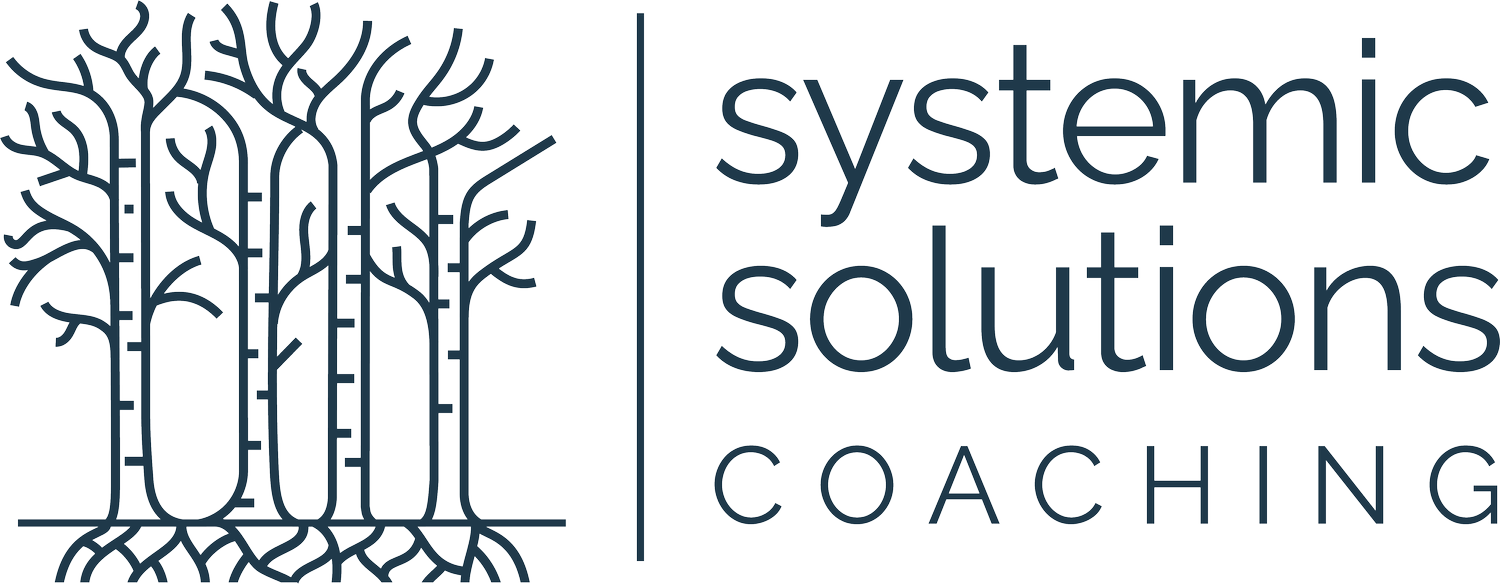The Drama Triangle: The Killer of Creativity and Productivity at Work
We often think of drama as something that happens in high school hallways or on reality TV—but it’s alive and well in the workplace, too. Unchecked, it can derail communication, erode trust, and kill creativity. At the center of this dynamic is a familiar psychological model: the Drama Triangle.
Originally developed by Dr. Stephen Karpman in 1968, the Drama Triangle outlines three roles people unconsciously step into during conflict: Victim, Rescuer, and Persecutor. In workplace settings, these roles are rarely blatant. But their subtle presence—through blame, micromanagement, and enabling—can drain teams and stall innovation.
Understanding the Roles
Victim: Feels powerless and overwhelmed. This person might say, “There’s nothing I can do,” or quietly withdraw from responsibility.
Rescuer: Overextends to fix others’ problems. Think: the well-meaning manager who swoops in but unintentionally reinforces dependency.
Persecutor: Criticizes or controls. This can show up as micromanaging, dismissive feedback, or passive-aggressive emails.
While these roles are reactive attempts to manage discomfort, they undermine autonomy and collaboration.
A Workplace Example
Consider this scenario: An employee, “Mark,” misses a deadline. His manager, Sarah, frustrated and feeling pressure, says, “Why didn’t you come to me sooner? I could have helped!” (Rescuer → Persecutor). Mark responds, “I didn’t think anyone would care.” (Victim). Another colleague steps in to “smooth things over,” reinforcing avoidance. (Rescuer).
The result? No one takes true ownership. The system resets—but the pattern persists.
Why It Happens
In high-pressure environments, it’s easy to revert to these roles. Leaders want quick solutions. Teams want to avoid conflict. But these reactive patterns stifle:
Creativity, because people fear blame.
Productivity, because energy is wasted on emotional management.
Trust, because authenticity is sacrificed for control or appeasement.
Research from Heifetz & Linsky (2002) in Leadership on the Line suggests that adaptive leadership—responding to systemic patterns rather than symptoms—is crucial to breaking these cycles.
Shifting the Triangle: From Drama to Empowerment
Moving out of the Drama Triangle doesn’t mean avoiding hard conversations. It means shifting from reactivity to intentionality. Here’s how:
Victim → Creator
Encourage problem-solving. Ask: “What’s one thing you can try?” or “What do you need to move forward?”Rescuer → Coach
Resist the urge to fix. Instead, empower: “How would you approach this if I weren’t here?”Persecutor → Challenger
Speak with clarity, not criticism. “I need us to meet this deadline. What support would help you do that?”
These shifts foster ownership, mutual respect, and a learning culture.
Strategies for Leaders
Model emotional regulation
Your tone sets the tone. Regulate your own stress before addressing conflict.Name the pattern
Normalize the triangle. “I think we’re slipping into a fix/blame loop. Let’s regroup.”Create space for reflection
Use post-project debriefs to ask: “What worked? What didn’t? Where did we get stuck?”Foster psychological safety
As Amy Edmondson’s research at Harvard shows, teams that feel safe to speak up perform better.Invest in coaching over crisis response
Build a culture of proactive support rather than reactive intervention.
A Systemic Perspective
The Drama Triangle isn’t about “difficult people”—it’s about systems under stress. When expectations are unclear, feedback is avoided, or roles are rigid, drama fills the gap.
A systemic leader doesn’t just solve problems—they observe patterns, challenge assumptions, and model healthier ways of engaging.
Final Reflection
If drama has taken root in your workplace, don’t just look for who to fix. Look for what needs to shift.
This week, notice one moment when you feel pulled into fixing, blaming, or checking out. What would it look like to stay present and choose a different response?
Your team doesn’t need a hero. They need a leader who sees the system—and knows how to change it.

